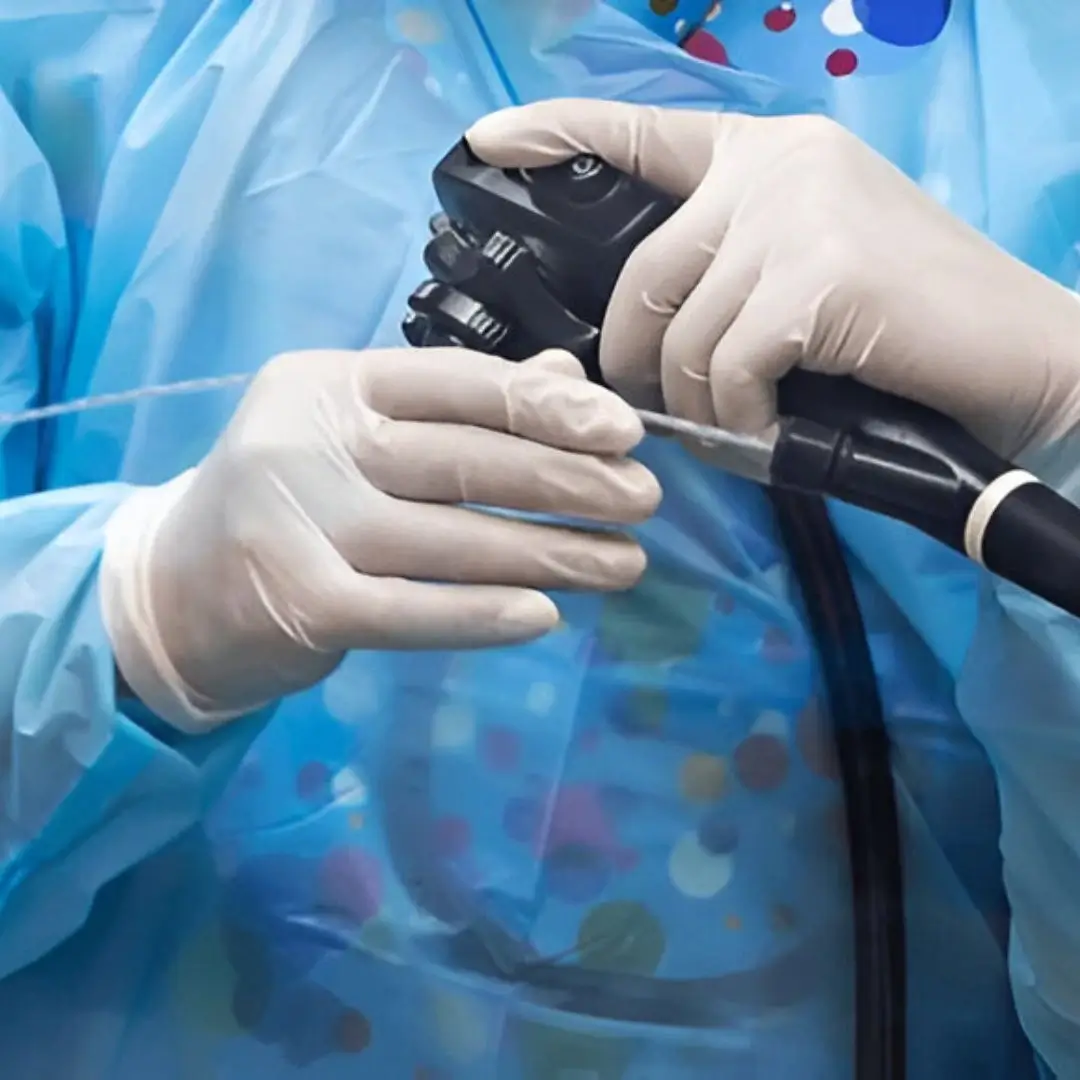Frequently Asked Questions
Endoscopic Retrograde Cholangiopancreatography (ERCP) is a procedure used to diagnose and treat conditions of the bile ducts, pancreas, and gallbladder using an endoscope and X-rays.
ERCP is used to detect and treat bile duct stones, strictures, tumors, and pancreatic diseases.
ERCP is both diagnostic and therapeutic—it can identify issues and also treat them, such as removing stones or placing stents.
You must fast for at least 6–8 hours before the procedure and inform your doctor about any medications or allergies.
Yes, ERCP is typically performed under sedation or general anesthesia to ensure patient comfort.
The procedure usually takes between 30 minutes to 1 hour, depending on complexity.
You may feel mild throat discomfort after the procedure, but sedation ensures minimal pain during ERCP.
Risks include pancreatitis, bleeding, infection, or perforation of the digestive tract.
You’ll be monitored in recovery, and may experience a sore throat, gas, or bloating. Most patients go home the same day.
Yes, ERCP allows for removal of gallstones or bile duct stones using special instruments.
Yes, stents can be placed in the bile or pancreatic ducts to relieve blockages or strictures.
You can typically start eating once the sedation wears off and your swallowing reflex returns—usually within a few hours.
Some results may be available immediately; others, like biopsy findings, may take a few days.
No, you should not drive for 24 hours after sedation. Arrange for someone to take you home.
ERCP is generally covered by insurance when medically necessary, but it's best to check with your provider.

